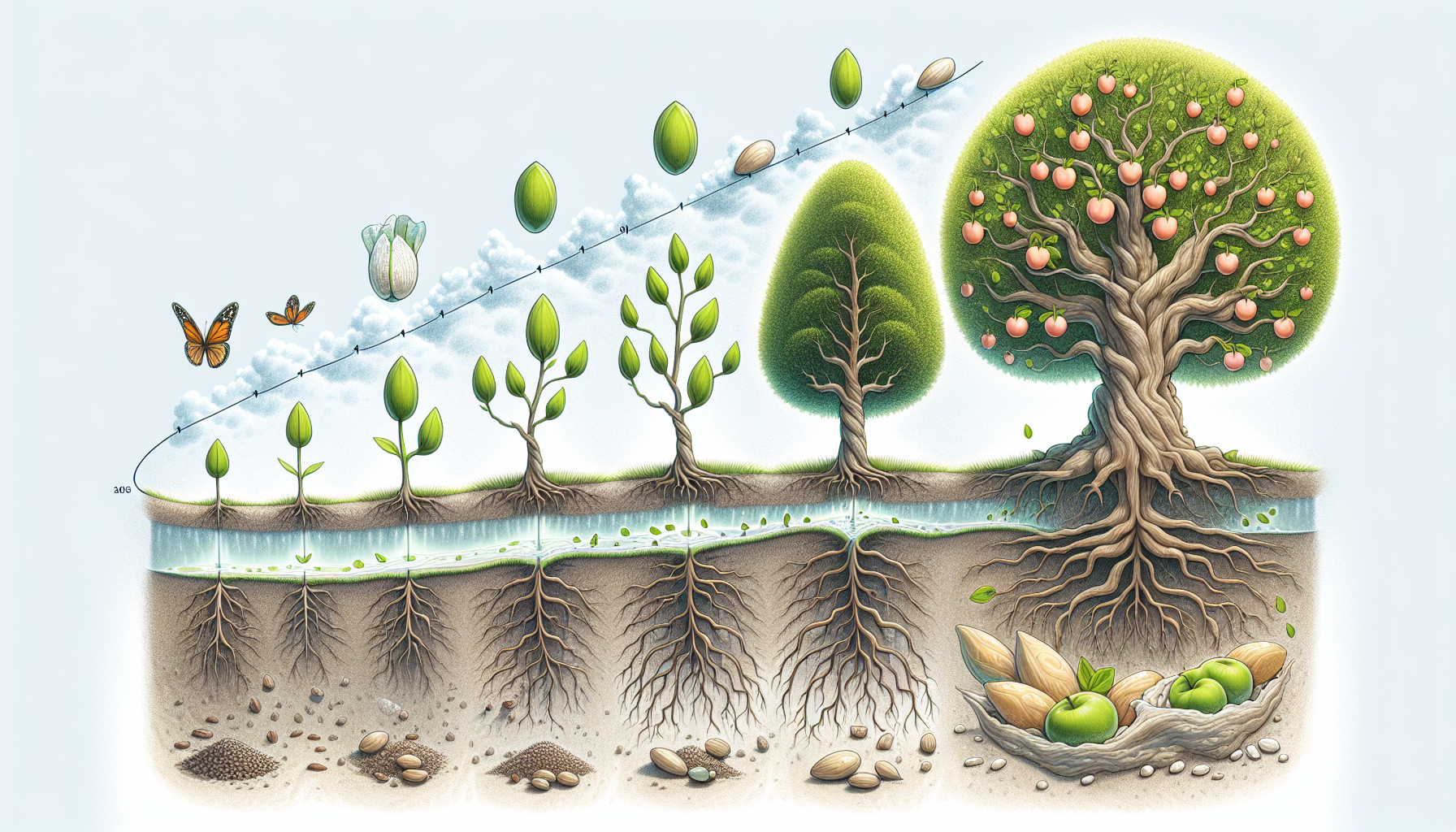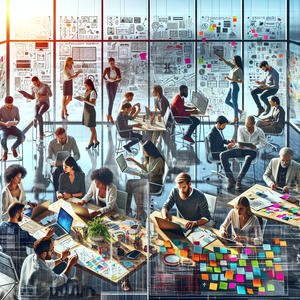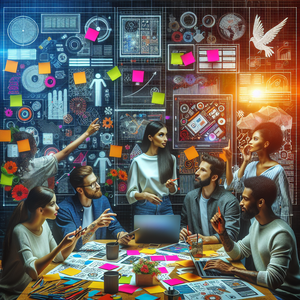The Creative Side of Coding: Unconventional Tech Roles

Game design stands as one of the most dynamic and engaging tech roles available today. It requires a blend of storytelling, artistic skills, and programming knowledge. Game designers are responsible for crafting engaging narratives, developing characters, and creating immersive worlds. Unlike traditional software engineering, where the focus may primarily be on functionality, game design emphasizes user experience and emotional engagement. For instance, consider the success of indie games like "Celeste" or "Hollow Knight." These games not only showcase unique gameplay mechanics but also tell compelling stories through their design. Game designers often utilize programming languages such as C# or C++ to build their projects, but they must also collaborate closely with artists, writers, and sound designers to ensure a cohesive final product. This collaborative environment fosters creativity and innovation, making game design an exciting field for those who thrive on blending art and technology.
Interactive Media Development: Engaging Audiences through Innovation
Interactive media development is another unconventional tech role that marries creativity with coding. This field encompasses a wide range of projects, including web applications, immersive installations, and augmented reality experiences. Developers in this arena leverage coding skills to create interactive experiences that engage users in new and innovative ways. Take, for example, the rise of interactive storytelling platforms such as "Twine" or immersive experiences like "The Night Cafe," an interactive 3D art exhibit based on Vincent van Gogh's works. These projects require not only technical proficiency but also a deep understanding of narrative structure, user experience, and visual design. Interactive media developers often work in teams that include graphic designers, sound engineers, and writers, emphasizing the importance of collaboration in the creative process.
UX/UI Design: Crafting User-Centric Experiences
User Experience (UX) and User Interface (UI) design are critical components of modern technology products. While these roles may not be traditional coding jobs, they require a strong understanding of programming concepts and the ability to communicate effectively with developers. UX/UI designers focus on creating intuitive, enjoyable experiences for users by conducting research, designing prototypes, and testing interfaces. A prime example of effective UX/UI design can be seen in products like Airbnb or Spotify. Both platforms prioritize user experience, ensuring that their interfaces are not only visually appealing but also easy to navigate. UX/UI designers often utilize tools like Sketch or Figma to create mockups and wireframes, and they collaborate with software engineers to bring their designs to life. This role allows individuals to express their creativity while ensuring that technological products meet the needs of users.
As the tech industry continues to evolve, it becomes increasingly clear that the intersection of creativity and coding offers a wealth of exciting career opportunities. Game design, interactive media development, and UX/UI design demonstrate how individuals can leverage their programming skills in unconventional ways that emphasize artistic expression and innovation. These roles not only provide unique challenges but also allow for personal fulfillment and the chance to impact how users interact with technology. For those looking to explore the creative side of coding, these unconventional tech roles present a pathway to a rewarding and dynamic career in the ever-expanding world of technology. In a landscape dominated by traditional software engineering roles, carving out a niche in these creative fields can lead to significant professional satisfaction and the opportunity to contribute meaningfully to the digital world. As we continue to push the boundaries of technology, the need for creative minds in coding will only grow, making these unconventional roles not just a viable option, but an exciting future for aspiring tech professionals.
Game Designer
Major gaming companies like Electronic Arts, indie studios, and educational game developers.
Responsibilities
Develop and design game mechanics, levels, and narratives that enhance user engagement.
Collaborate with artists and sound designers to create cohesive game environments.
Test and iterate on gameplay to ensure a seamless user experience.
Required Skills
Proficiency in programming languages such as C# or C++.
Strong knowledge of game development engines like Unity or Unreal Engine.
Excellent storytelling and creative problem-solving abilities.
Interactive Media Developer
Digital agencies, tech startups, and educational institutions focused on innovative solutions.
Responsibilities
Create interactive web applications and immersive digital experiences using coding and design principles.
Collaborate with cross-functional teams to develop prototypes and conduct user testing.
Integrate multimedia elements such as animations and audio to enhance user interaction.
Required Skills
Proficiency in HTML, CSS, JavaScript, and frameworks like React or Vue.js.
Experience with tools for interactive design, such as Adobe Animate or Unity.
Understanding of narrative structure and user interface principles.
UX/UI Designer
Tech giants like Google and Facebook, as well as startups and consulting firms.
Responsibilities
Conduct user research and tests to understand user needs and behaviors.
Design user flows, wireframes, and prototypes to create intuitive interfaces.
Collaborate with developers to ensure designs are implemented correctly and effectively.
Required Skills
Proficiency with design tools such as Sketch, Figma, or Adobe XD.
Strong understanding of user-centered design principles and accessibility standards.
Excellent communication skills to articulate design concepts to stakeholders.
Augmented Reality (AR) Developer
Companies focused on AR technology, gaming studios, and marketing agencies.
Responsibilities
Develop AR applications that enhance real-world environments using computer-generated elements.
Work closely with designers to create interactive experiences that captivate users.
Optimize AR applications for performance across various devices and platforms.
Required Skills
Experience with AR development platforms like ARKit or ARCore.
Proficiency in programming languages such as C# or Swift.
Strong understanding of 3D modeling and animation techniques.
Interactive Storytelling Developer
Game studios, educational content creators, and digital media companies.
Responsibilities
Design and develop interactive narratives that engage users through branching storylines and choices.
Utilize coding and design skills to create immersive environments and characters.
Collaborate with writers and artists to ensure a cohesive storytelling experience.
Required Skills
Proficiency in JavaScript or specialized interactive storytelling tools like Twine or Inklewriter.
Strong writing skills with a focus on narrative structure and pacing.
Familiarity with game design principles and user experience considerations.


